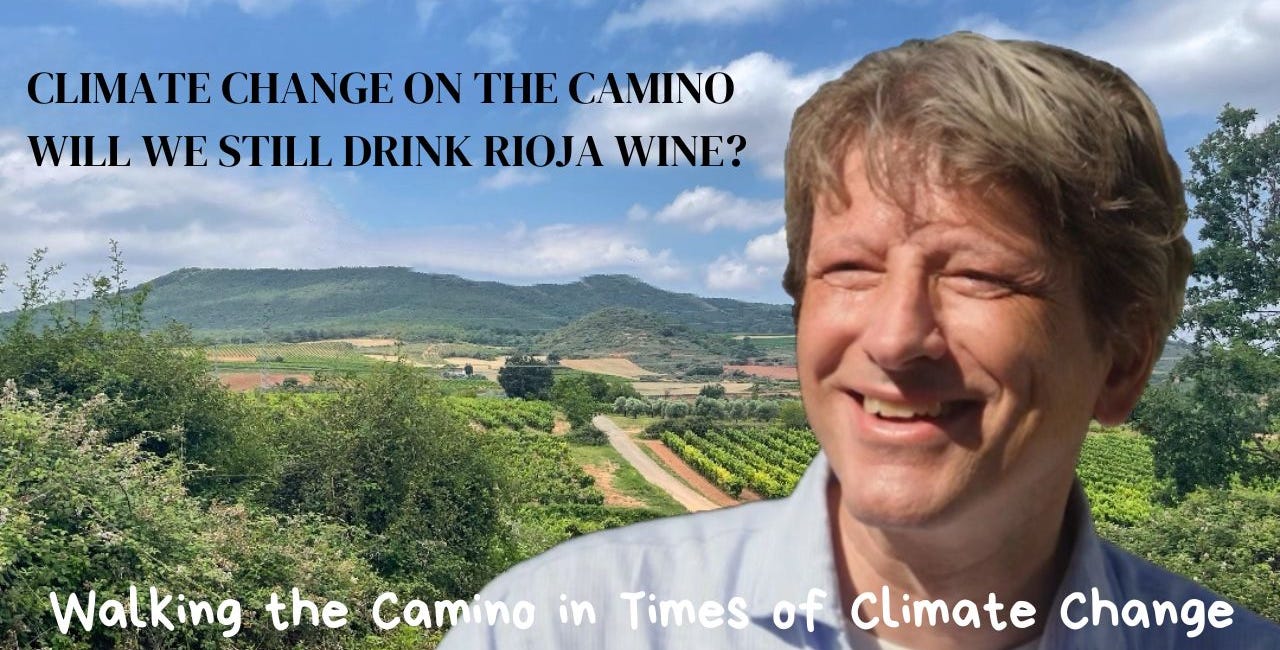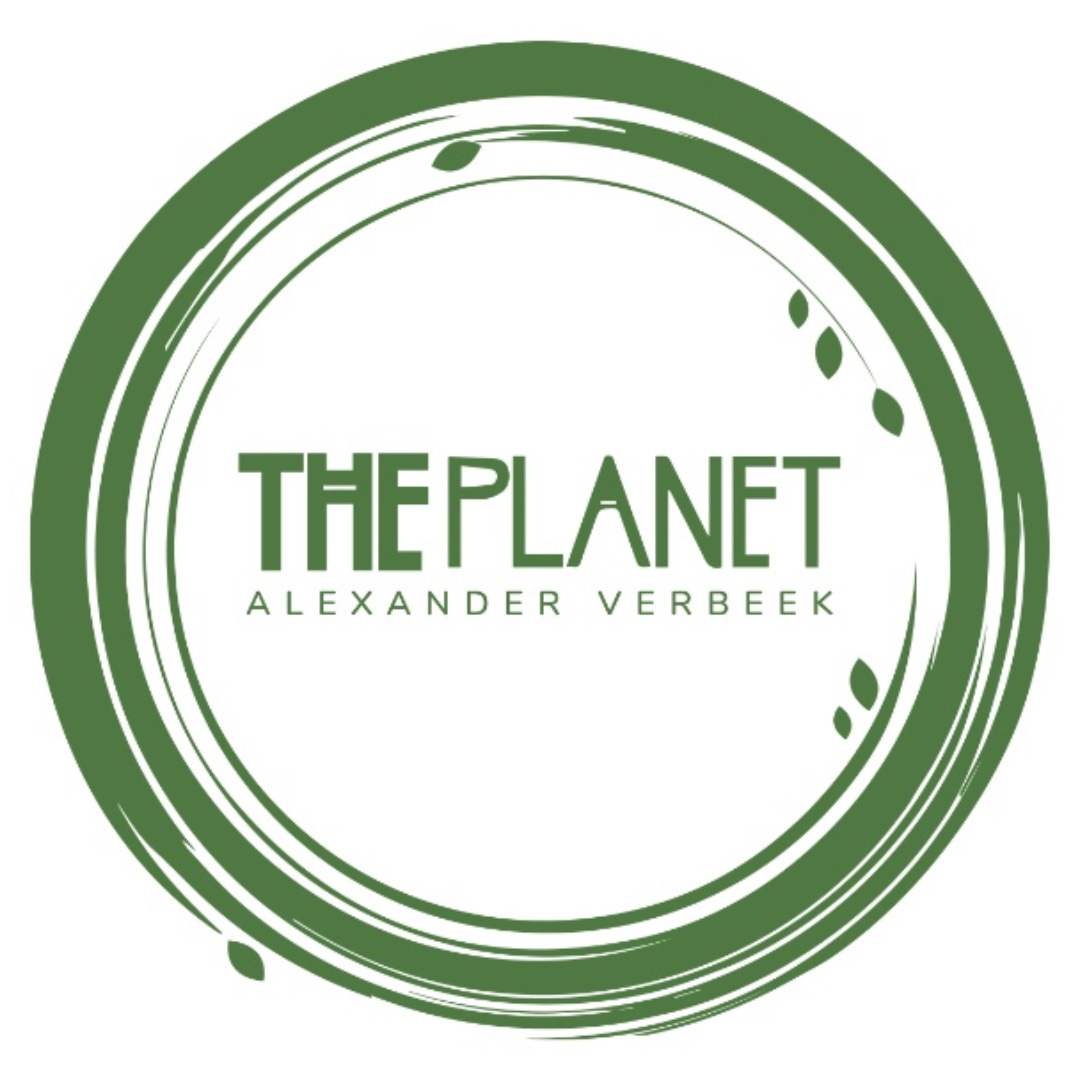
Imagine a garbage truck full of plastic driving up to the seashore and dumping all its contents into the ocean. A minute later, the next one arrives and does the same, and this continues every minute, 24/7/365, for decades, and you know we have a problem to solve.
The global plastic crisis comes on top of the climate crisis, the biodiversity crisis, our overstepping of other planetary boundaries, and the seemingly ever-increasing geopolitical instability of our time.
Today, there was a bit of hopeful news since negotiators from more than 170 nations started a third round of talks in Nairobi, Kenya, over a landmark international treaty to combat plastic pollution. The urgency of this effort should be apparent for all to see when you look at the staggering numbers of the ongoing global plastic pollution crisis. Approximately 430 million tonnes of plastic are produced annually, around two-thirds of which is thrown away, harming the environment and the food chain.
The Intergovernmental Negotiating Committee (INC-3) is now reconvening in Kenya, where the law forbids the manufacture, sale, and use of single-use plastic bags. The delegations in the meeting, and lobbyists from the oil industry and environmental organizations that tend to flock to these kinds of negotiations, will focus on the so-called "zero draft" of the international legally binding instrument on plastic pollution, released earlier this year. The goal is to conclude talks by the end of 2024.
The devastating impact of plastic pollution on ecosystems, climate, the economy, and human health is estimated to cost the planet between $300 and $600 billion per year. And the problem increases: Plastic production is expected to almost triple by 2060 if no action is taken. Organizers, therefore, call for a transition from the "throwaway economy" to a "reuse economy."

Delegations in Nairobi will also meet at side events to address various aspects of plastic pollution, like sustainable production and consumption or shifting to a 'circular plastic' approach. Other approaches focus on reducing plastic production, eliminating single-use and short-lived plastic products, and switching to non-plastic substitutes. The results of the current session in Nairobi will feed into another round of draft discussions scheduled for April 2024 in Canada.
Ten stunning facts about the plastic problem:
Plastic pollution is a global problem:
Every year, 19-23 million tonnes of plastic waste leaks into aquatic ecosystems, polluting lakes, rivers, and seas. This adds to the more than 5 trillion pieces of plastic already floating in our oceans.
Plastic pollution affects marine life:
More than 700 species of marine animals have been reported to have eaten or become entangled in plastic. Like many plastic-related problems, you don't see much of it. For instance, you see only a fraction of the plastic waste problem when you walk on the beach, but what you will notice, even on relatively clean beaches, is the high percentage of plastic litter in all waste. You will recognize the filters from cigarette butts, bottles, bottle caps, plastic ropes, food wrappers, grocery bags, and polystyrene containers. Worldwide, 73 percent of beach litter is plastic.
Plastic pollution harms human health:
Microplastics have been found in tap water, bottled water, seafood, and the deepest trenches of the oceans. Worse, plastics are even in the air we breathe, and you can find them throughout the human body, where they accumulate over time. Scientists don't fully understand yet the effects of these microplastics on our health, but from what they know, they are increasingly concerned.
Plastic pollution is a threat to biodiversity:
Plastic pollution can harm or kill wildlife, disrupt ecosystems, and reduce biodiversity. By 2050, virtually every seabird species on the planet will be eating plastic.
Plastic waste lasts forever.
Estimates for how long plastic endures range from 450 years to forever.
Plastic pollution is a significant contributor to climate change:
The production and disposal of plastic contribute to greenhouse gas emissions, which contribute to climate change. Unfortunately, world plastic production has increased exponentially from 2.1 million tonnes in 1950 to 147 million in 1993 to 406 million by 2015.
Plastic pollution disproportionately affects low-income communities:
Low-income communities and communities of color are often disproportionately affected by plastic pollution and its health impacts.
Plastic pollution is a waste of resources:
Plastic waste represents a loss of valuable resources and economic opportunities. As of 2015, more than 6.3 billion tonnes of plastic waste had been generated. Only around 9 percent of that was recycled, 12 percent was incinerated, and 79 percent accumulated in landfills or the environment.
Plastic pollution is preventable:
There are many solutions to plastic pollution, including reducing plastic production, improving waste management, and promoting sustainable alternatives to plastic. Around the world, nearly a million plastic beverage bottles are sold every minute; think of the last plastic bottle you bought. Wasn't there an alternative?
Plastic pollution is a social justice issue:
Like many global challenges, you can't address this problem without considering systemic inequalities and injustices contributing to environmental degradation and harm.
What do you do to reduce the problem of plastic?
If you got this far, please read this too:
I write this newsletter because I believe that together we can do better on this beautiful but fragile planet.
If you are a paying subscriber: thank you for your support!
If you are not, please consider supporting this initiative by taking a paid subscription.
Tackling Wine Production Challenges in a Changing Climate
This summer, I walked through the beautiful Rioja wine region for the second time. For pilgrims following the classic Camino Frances route, it takes about a week of walking to get from the French-Spanish border crossing to Logroño, the captiv…
Notes:
https://www.msn.com/en-gb/news/uknews/nations-gather-in-nairobi-to-hammer-out-treaty-on-plastic-pollution/ar-AA1jPo1Y







So pleased to hear Kenya has not succumbed to the plastic fetish. In the 80’s there was very little plastic and every scrap was used, reused and repurposed. The kids made the most amazing toys cars from plastic, bottle caps & scraps of wire. And their soccer balls were constructed out of the bits of plastic they could find. I love Kenya and the wonderful resourceful Kenyans.💙from one of the Watu Wa Amani 81-83.
Thank you for talking plastic again. Such an important issue that impacts us all.
The main thing I do is my podcast where I raise awareness and call out everybody who says recycling is THE way out. It just isn’t. We’re told so many lies it’s infuriating. Of course if you pretend that recycling is the way out then the blame is firmly put on the consumer – “if you recycled, we wouldn’t be in this mess”. Not a lot of people talk about that only 21% of plastics are even recyclable; that those fancy things your clothes are made of are plastics – your rain jacket might be 100% plastic, but it won’t say that on the label; that paper cups are lined with a plastic film that makes it impossible to recycle; that aluminum cans are lined with plastic; that cigarette butts are made of plastic; and don’t get me started on chemicals. Once people caught on that BPA was bad BPA-free became a selling point. That’s not the end of it though, because they might just use BPB etc. instead. And even if we go circular as PET beverage bottle recycling has in Switzerland, that’s still a lot of energy that’s used. Using less, producing less and reusing what we have is a better option. Most of the plastic that ends up in the ocean is there due to mismanagement. That’s a place to start. Also, did you know that the biggest contributor to microplastic pollution is car tires?
I’m glad these talks are happening. They are urgently necessary for all the reasons you listed. But even with all the knowledge I’ve gathered myself I find it difficult to avoid plastic in my daily life. Most of the time there isn’t an alternative. Especially if you want to buy something to drink – it’s PET bottles all the way. Sitting down for lunch at a restaurant every day is not feasible and in Zurich – unaffordable.